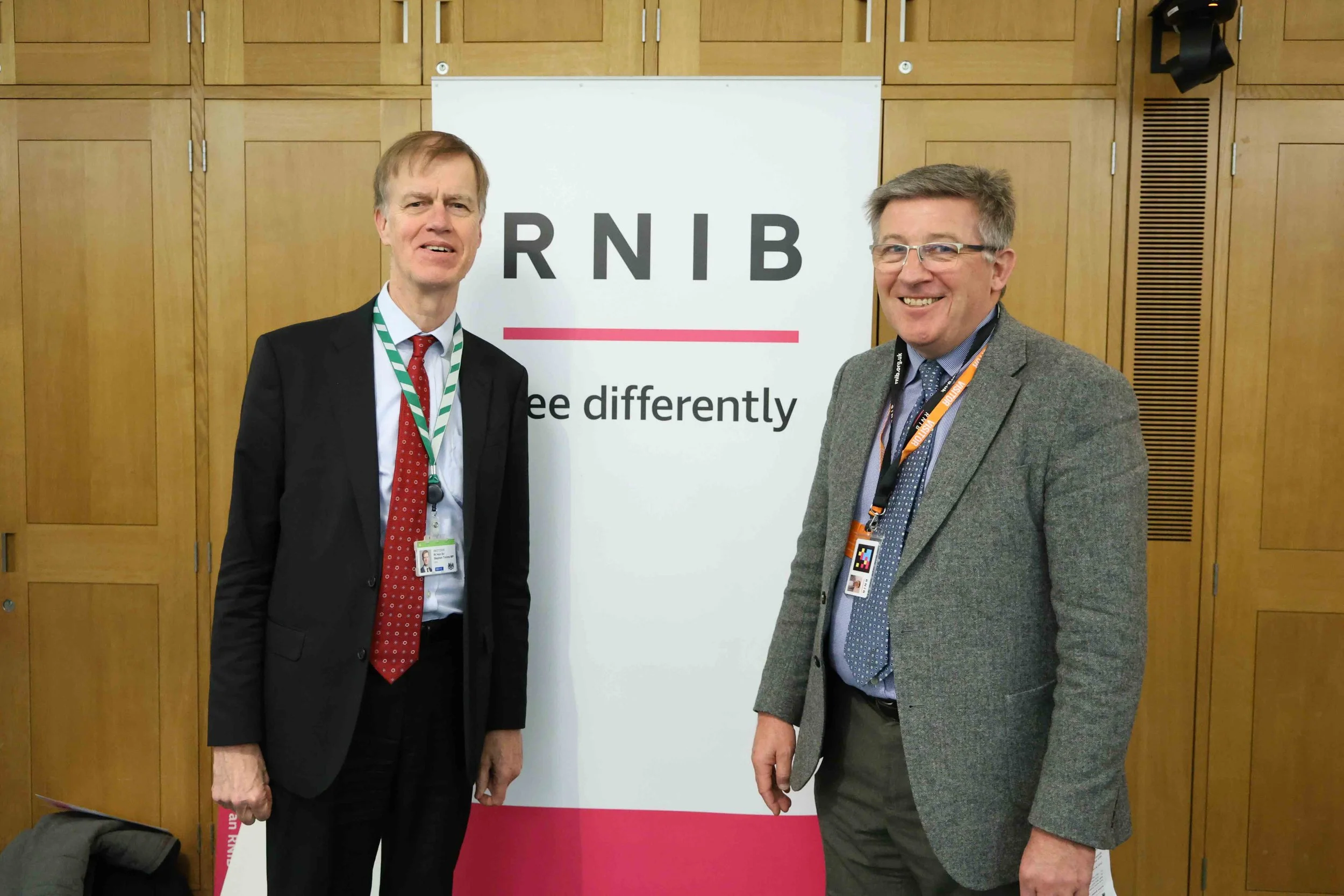Stephen has attended a parliamentary drop-in event organised by the Royal National Institute of Blind People (RNIB) in the House of Commons. He backed the charity’s call for an end to unacceptable wait times for essential support after people are diagnosed with a sight condition.
At the event, Stephen met blind and partially sighted people, professional Vision Rehabilitation Specialists, and RNIB staff and ambassadors to find out about the difference that timely access to local authority support - known as vision rehabilitation, can make, and learn more about this vital but often overlooked part of social care that enables blind and partially sighted people to live safely and independently after sight loss.
New research by RNIB shows that the vision rehabilitation support provided by local authorities including essential white-cane training, cooking and technology skills, has become an under-funded Cinderella social care service across England.
RNIB’s recent Freedom of Information report shows that across England, 20 per cent of local authorities (17 authorities) had people waiting over a year to receive just an initial assessment of the services they need; 85 per cent of local authorities did not complete vision rehabilitation assessments within the RNIB-recommended 28 days and 38 local authorities told us assessments are not always conducted by qualified Vision Rehabilitation Specialists.
At the drop in, MPs had the chance to try out some of the tools and adaptations blind and partially sighted people use to navigate the home, workplace and outdoors, hear directly from people whose lives have been transformed by vision rehabilitation, meet the specialists who deliver these services and find out what they can do to speed up access to support.
Stephen is now encouraging people to sign RNIB’s petition, calling on the Health Secretary to ensure vision rehabilitation is effectively and consistently delivered for people with sight loss.
Speaking afterwards, Stephen said: “Meeting blind and partially sighted people who have benefitted from vision rehabilitation made it crystal clear to me that this service is vital in supporting my constituents with sight loss to thrive and regain independence, whether that be navigating public transport, cooking a meal, or returning to the workplace.”
